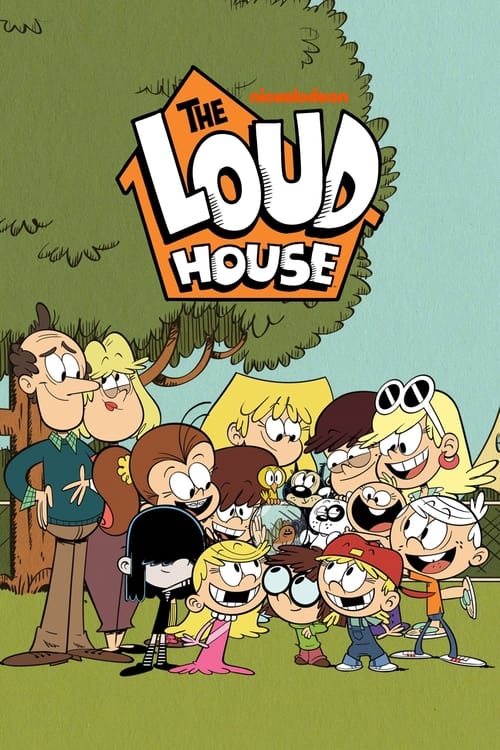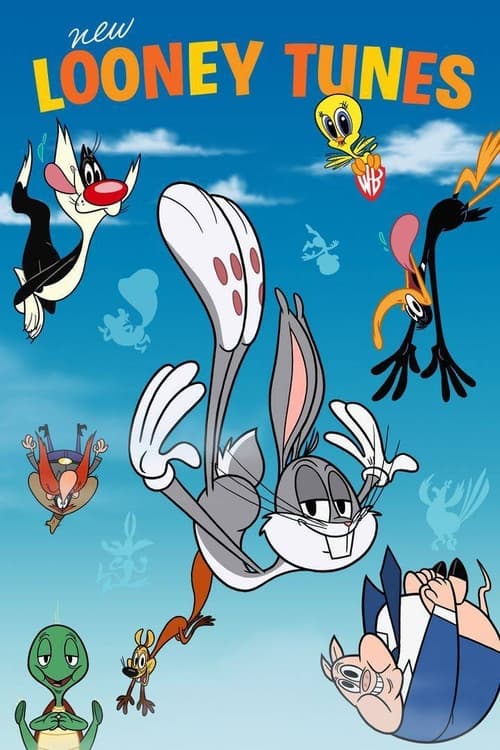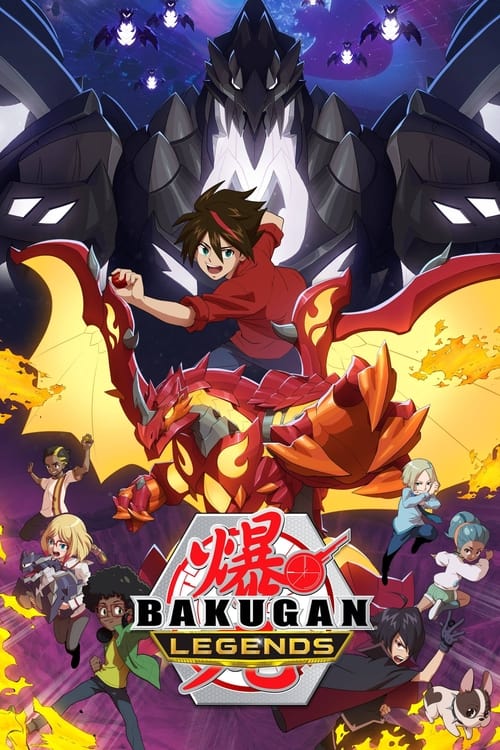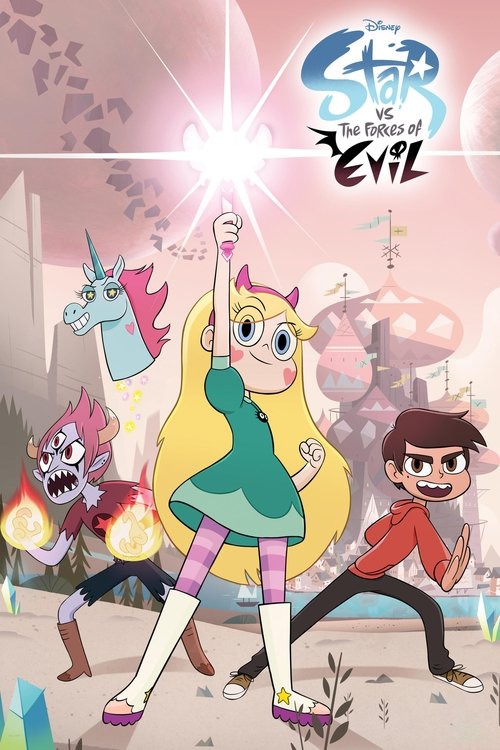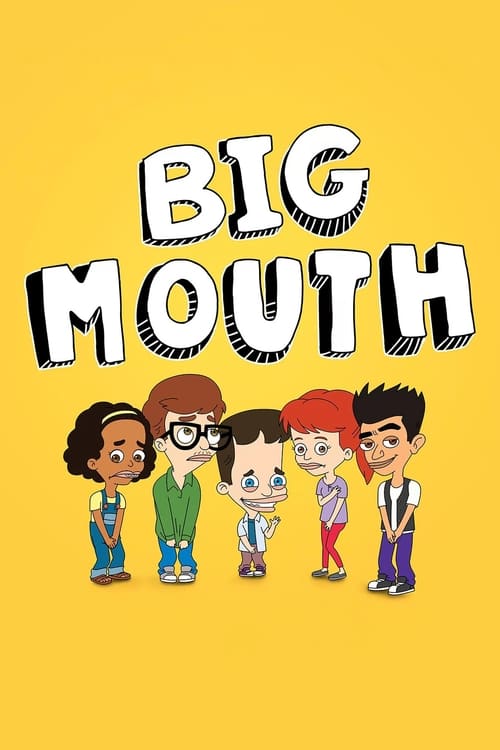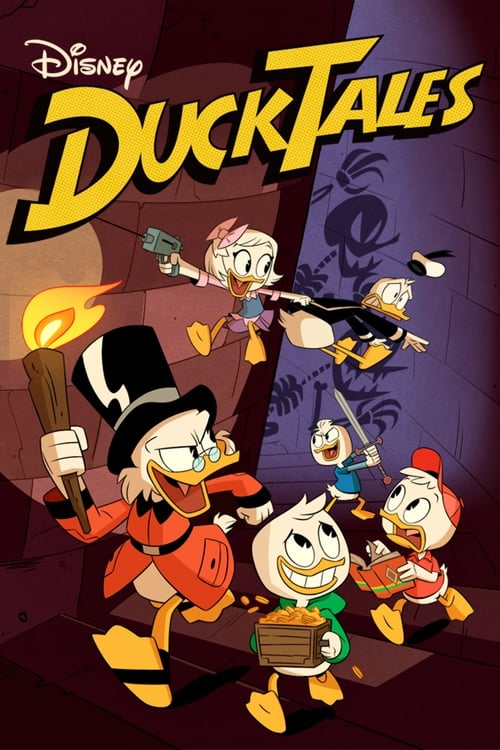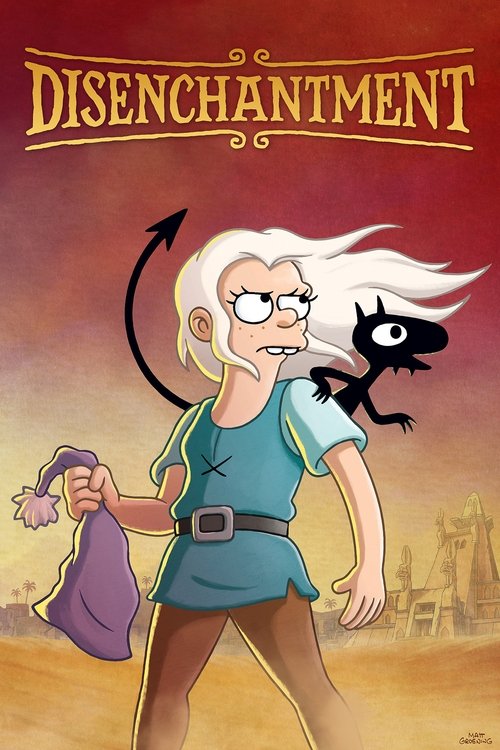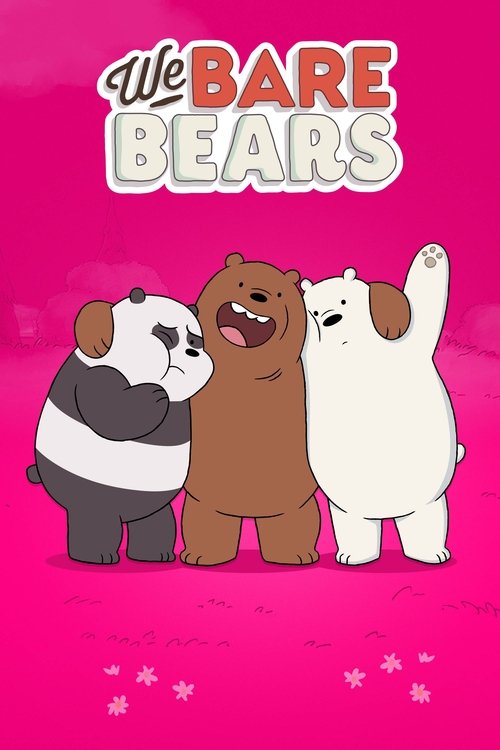
Ask Your Own Question
What is the plot?
Bluey, Bingo, and their dad, Bandit, are at home when Bluey suggests they play café. Bandit, eager to join in, agrees to be the customer while Bluey and Bingo take on the roles of café owners. They set up a small café in their living room, complete with a menu and a makeshift counter.
As they prepare for their café, Bluey and Bingo enthusiastically create a menu filled with various items, including coffee and cake. They gather props from around the house to represent the food and drinks they will serve. Bluey takes charge, directing Bingo on how to set up the café and what items to include on the menu. The excitement builds as they finalize their preparations.
Once everything is set up, Bandit enters the café as the first customer. He looks at the menu and pretends to be very discerning about his choices. Bluey and Bingo take his order, and Bandit playfully critiques the menu items, which adds to the fun of the game. They serve him a cup of pretend coffee and a slice of pretend cake, and Bandit acts as if he is enjoying the food, giving exaggerated reactions to the flavors.
As the game continues, Bluey and Bingo start to get competitive about who can serve the best food and provide the best service. They each try to outdo one another, leading to a series of humorous interactions. Bandit encourages them, providing feedback and playfully pretending to be a difficult customer, which adds to the challenge for the girls.
The atmosphere shifts when Bingo accidentally spills some of the pretend coffee. She feels upset and worried that she has ruined the café experience. Bluey, noticing her sister's distress, reassures her that it's okay and that they can clean it up together. This moment strengthens their bond as they work together to fix the mess and continue their game.
After cleaning up, they resume their café play, but now with a renewed sense of teamwork. They decide to create a special dish together, combining their ideas to make something unique. This collaboration leads to a new level of creativity in their game, and they both feel proud of what they have created.
As the café play continues, Bandit pretends to be a food critic, giving them feedback on their new dish. He praises their teamwork and creativity, which boosts their confidence. Bluey and Bingo are thrilled to receive positive feedback, and they feel accomplished in their roles as café owners.
The episode culminates in a final scene where Bandit, now fully immersed in his role as a customer, requests a special dessert. Bluey and Bingo rush to prepare it, showcasing their teamwork and creativity once more. They serve the dessert with flair, and Bandit's delighted reaction brings the game to a joyful conclusion.
The episode ends with the family enjoying their time together, highlighting the fun and imaginative play that Bluey and Bingo have shared throughout their café adventure.
What is the ending?
In the ending of "Cafe," Bluey and Bingo, after a series of imaginative play scenarios in their café, realize that they have been neglecting their customers, which leads to a moment of reflection. They decide to serve their customers properly, showcasing their growth in understanding the importance of hospitality and teamwork. The episode concludes with them happily serving their customers, feeling accomplished and proud of their efforts.
As the episode progresses towards its conclusion, Bluey and Bingo are fully immersed in their café play. They have set up a charming little café in their living room, complete with a menu and a variety of imaginative dishes. The scene is vibrant, filled with colorful props and the sounds of their playful banter. Initially, they are caught up in the excitement of running the café, taking on the roles of both chefs and waitstaff.
However, as they serve their imaginary customers, which include their dad, Bandit, and their mum, Chilli, they become increasingly distracted by their own fun. They start to forget about the needs of their customers, who are waiting patiently for their orders. Bandit, playing along, pretends to be a disgruntled customer, humorously expressing his hunger and impatience. This moment serves as a gentle reminder to Bluey and Bingo about the importance of paying attention to others and fulfilling their roles.
Realizing their oversight, Bluey and Bingo share a moment of clarity. They look at each other, understanding that they need to refocus on their café duties. With renewed determination, they spring into action, taking their customers' orders seriously. They rush around the café, preparing the food and drinks with enthusiasm and care. The atmosphere shifts from playful chaos to a more organized and cooperative effort, highlighting their growth in teamwork and responsibility.
As they serve their customers, Bluey and Bingo beam with pride. They take joy in seeing their dad and mum enjoying the food they've prepared. The scene is filled with laughter and joy, showcasing the satisfaction that comes from hard work and the importance of looking after others. The episode wraps up with a sense of accomplishment, as Bluey and Bingo realize that running a café is not just about having fun but also about serving others and working together.
In the final moments, the café scene fades out, leaving the audience with a warm feeling of family and the joy of imaginative play. Bluey and Bingo, having learned a valuable lesson, are left feeling proud of their efforts, and their parents express their appreciation for the girls' hard work. The episode closes on a high note, emphasizing the themes of responsibility, teamwork, and the joy of serving others.
Is there a post-credit scene?
In the episode "Cafe" from season 2 of Bluey, there is no post-credit scene. The episode concludes without any additional content after the credits roll. The focus remains on the main storyline, which revolves around Bluey and Bingo's imaginative play as they run a café, serving their dad, Bandit, who is a customer. The episode captures the joy and creativity of their playtime, emphasizing themes of family bonding and the importance of imagination.
What role does Bingo play in the cafe scene?
In the cafe scene, Bingo takes on the role of a customer who is excited to order food. She expresses her preferences and engages with Bluey, who is playing the role of the cafe owner. Bingo's enthusiasm adds a playful dynamic to the interaction.
How does Bluey feel about running the cafe?
Bluey feels a mix of excitement and responsibility while running the cafe. She is eager to serve her customers and create a fun experience, but she also faces challenges in managing orders and keeping Bingo happy, which reflects her desire to be a good host.
What specific items do Bluey and Bingo pretend to serve in the cafe?
Bluey and Bingo pretend to serve a variety of imaginative food items, including pancakes and coffee. The playful nature of their menu reflects their creativity and the joy of role-playing in their cafe scenario.
How does the interaction between Bluey and Bingo evolve throughout the episode?
The interaction between Bluey and Bingo evolves from simple role-playing to a more complex exchange where they navigate the challenges of running a cafe. As they play, they learn about cooperation, communication, and the importance of listening to each other's needs.
What challenges do Bluey and Bingo face while running the cafe?
Bluey and Bingo face several challenges while running the cafe, including misunderstandings about orders and the need to keep each other entertained. These challenges lead to moments of frustration but ultimately help them learn about teamwork and problem-solving.
Is this family friendly?
In the episode "Cafe" from Bluey, season 2, there are no overtly objectionable or upsetting scenes. The episode is designed to be family-friendly and suitable for children. However, some sensitive viewers might find the following aspects to consider:
-
Frustration and Disappointment: Characters experience moments of frustration when things don't go as planned, which could resonate with children who may feel similarly in their own experiences.
-
Role-Playing Conflict: The children engage in imaginative play that includes misunderstandings and minor conflicts, which could evoke feelings of tension, though these are resolved positively.
-
Emotional Expressions: Characters display a range of emotions, including disappointment and determination, which may prompt discussions about feelings and how to handle them.
Overall, the episode promotes positive themes of creativity, problem-solving, and family bonding, making it appropriate for young audiences.




